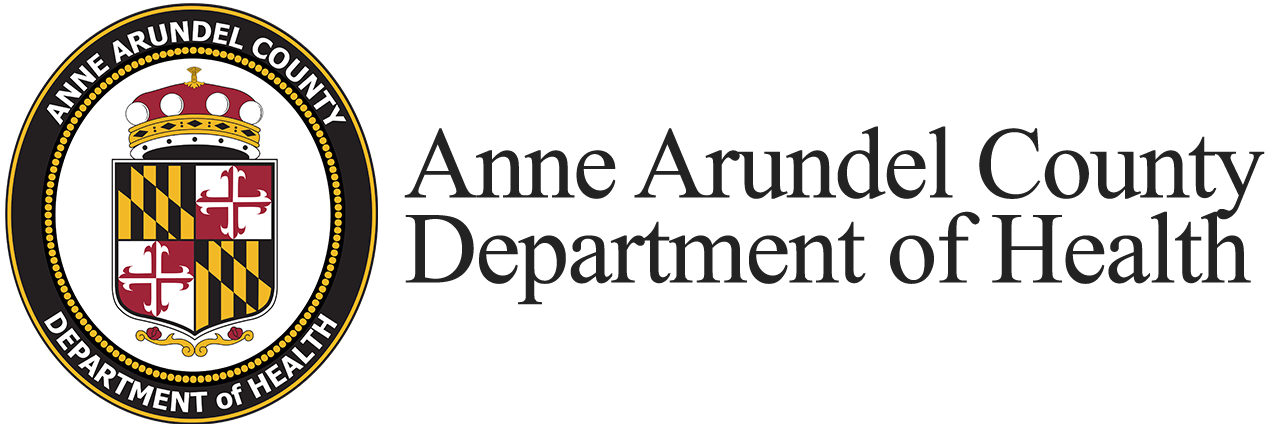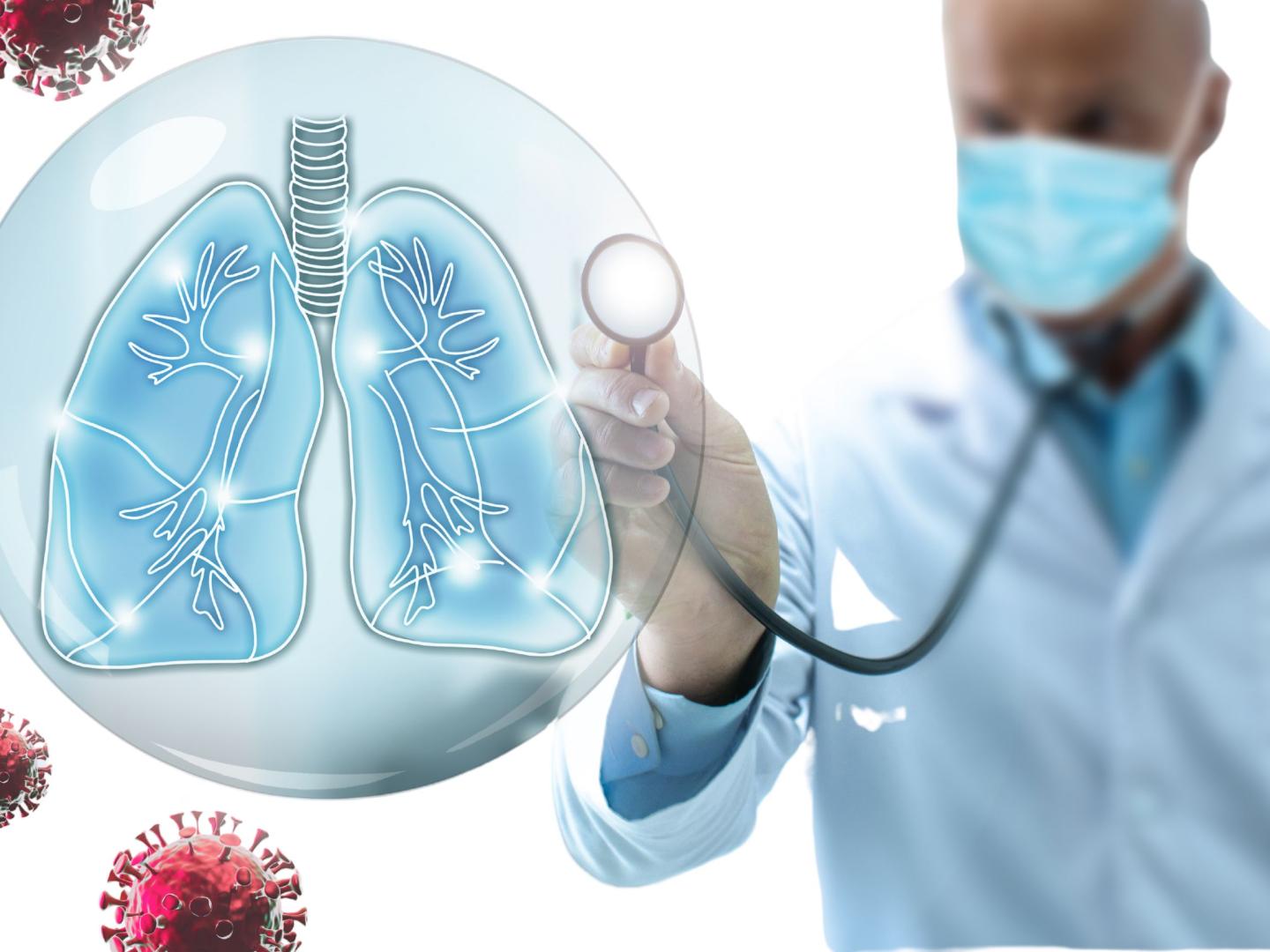What is Pneumonia?
Pneumonia is an infection that affects one or both lungs, causing the air sacs (alveoli) to fill with fluid or pus. It can be caused by bacteria, viruses, or fungi, and symptoms range from mild to severe, including cough (with or without mucus), fever, chills, and difficulty breathing. The severity of pneumonia depends on age, pre-existing medical conditions and the cause of the infection.
What causes pneumonia?
Bacteria and viruses are common causes of pneumonia in adults. The most frequent bacterial cause in the U.S. is Streptococcus pneumoniae. Atypical pneumonia can occur with different bacteria, such as Mycoplasma pneumoniae, which causes mild "walking pneumonia," and Legionella pneumophila, responsible for severe Legionnaires’ disease.
Viral pneumonia is often caused by flu and common cold viruses, with respiratory syncytial virus (RSV) being the primary cause in young children. Other viruses, including SARS-CoV-2, which causes COVID-19, can also lead to pneumonia.
How is pneumonia diagnosed and treated?
Diagnosis involves reviewing medical history, a physical exam, and tests like a chest X-ray to identify the type of pneumonia. Treatment for pneumonia depends on the type and severity of the infection and the person seeking treatment. Sometimes that includes antibiotics, antiviral or antifungal medications, rest, fluids, or other treatment plans discussed with your health care provider.
What are the symptoms of pneumonia?
Pneumonia symptoms can vary in severity, with young children, older adults and individuals with serious health conditions at higher risk for complications.
Common symptoms include:
- Chest pain during breathing or coughing
- Chills
- Cough (with or without mucus)
- Fever
- Low blood oxygen levels (measured with a pulse oximeter)
- Shortness of breath
Additional symptoms may include headache, muscle pain, extreme fatigue, nausea, vomiting and diarrhea. In older adults and those with weakened immune systems, symptoms may differ; they might experience a lower-than-normal temperature instead of a fever, and confusion or weakness may occur. Babies may not show typical symptoms either. They might vomit, have a fever or cough, or appear unusually tired.
Signs of breathing difficulties in infants include:
- Bluish skin or lips
- Grunting sounds
- Pulling in of rib muscles during breaths
- Rapid breathing
- Widening of nostrils with each breath
What puts you at risk for pneumonia?
Several factors can increase the risk of developing pneumonia, including age, environment, lifestyle habits and existing medical conditions.
Age
- Young children (especially under 2 years) and older adults (65 and older) are at higher risk due to immature or weakened immune systems, respectively.
- Lack of recommended vaccinations further increases risk in these groups.
Environment and Occupation
- Living in crowded settings (like nursing homes or shelters) raises the likelihood of infection.
- Exposure to air pollution or toxic fumes can increase risk.
- Occupational exposure to animals (e.g., in processing centers or veterinary clinics) can also be a factor.
Lifestyle Habits
- Smoking can impair mucus clearance from airways.
- Substance misuse (drugs or alcohol) can weaken the immune system and increase the risk of aspiration pneumonia.
Other Medical Conditions
- Conditions affecting the brain (like strokes or dementia) can impair swallowing and coughing, leading to aspiration.
- Weakened immune systems due to diseases (like HIV/AIDS) or treatments (like chemotherapy) increase vulnerability.
- Hospitalized patients, especially those on ventilators, are at risk for hospital-acquired pneumonia.
- Pre-existing lung diseases (such as asthma or COPD) and other serious health conditions (like diabetes or heart failure) further heighten the risk.
When should you seek immediate medical attention?
If diagnosed with pneumonia, it’s crucial to adhere to your treatment plan and take measures to aid recovery while monitoring your condition to prevent spreading the infection to others.
Recovery times can vary; some may feel better and resume normal activities within one to two weeks, while others might take a month or more. Fatigue is common and can persist for about a month. It's important to discuss with your health care provider when it's safe to return to your usual routines.
Worsening symptoms require immediate medical attention. Call your provider if you or your child has persistent or worsening symptoms, such as wheezing or difficulty breathing or talking, especially if you or they might be at higher risk of developing severe disease.
Can you prevent pneumonia?
Vaccines are effective in preventing pneumonia caused by pneumococcus bacteria and the flu virus, though they do not eliminate all cases.
Vaccinated individuals who contract pneumonia generally experience:
- Fewer serious complications
- Milder infections
- Shorter duration of illness
Pneumococcal Vaccines
Two vaccines are available to protect against pneumococcus bacteria, particularly important for high-risk groups such as:
- Adults aged 50 and older
- Children under 2 years old
- Individuals with chronic diseases or weakened immune systems (e.g., cancer, HIV, asthma)
- Smokers
Flu Vaccine
The annual flu vaccine helps prevent pneumonia linked to the flu. It's recommended to get vaccinated in September or October, prior to flu season.
Hib Vaccine
The Hib vaccine protects against Haemophilus influenzae type b, which can cause pneumonia and meningitis. It's recommended for all children under age 5, starting at 2 months of age.
How else can I protect myself and my family from pneumonia?
To further reduce the risk of pneumonia, consider the following:
- Hand Hygiene: Wash hands regularly with soap or alcohol-based sanitizers.
- Avoid Smoking: Smoking impairs lung function and increases infection risk. Resources for quitting are available through the National Cancer Institute.
- Maintain a Strong Immune System: Engage in regular physical activity and eat a balanced diet.
- Swallowing Difficulties: Eat smaller, thickened meals and elevate your head while sleeping to avoid aspiration.
- Pre-Surgery Precautions: Follow fasting guidelines before surgery to reduce aspiration risk.
- Antibiotics: If immunocompromised, your health care provider may recommend preventive antibiotics to inhibit lung infections.
What’s happening locally?
In 2024, pneumonia (specifically Mycoplasma pneumoniae) cases rose significantly in the U.S., particularly among young children less than 5 years of age, contrasting with previous years when infections were more common in school-aged children and adolescents. Notably, the increase in cases among 2 to 4-year-olds is significant, as Mycoplasma pneumoniae has not traditionally been seen as a major cause of pneumonia in this age group. The incidence of Mycoplasma pneumoniae infections tends to be cyclical, occurring every 3–7 years.
Our Viral Respiratory Illness Dashboard is updated weekly and includes information on pneumonia. Click here to view wastewater surveillance, emergency department and urgent care visits, hospitalizations, cases, deaths and vaccinations.

